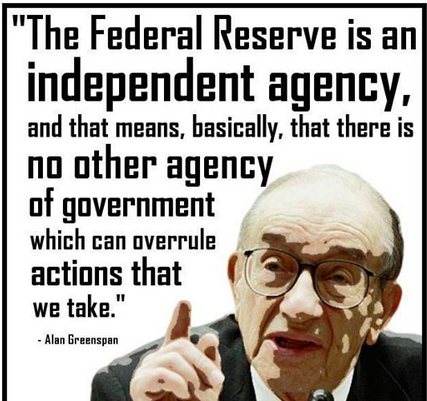
Having cost the jobs of three top Fed officials, including the Dallas and Boston Fed presidents as well as that of Vice Chair Clarida, one would think that matters relating to (potentially extremely lucrative) insider trading by members of the Federal Reserve should be fully in the public domain. One would be wrong.
In response to a Reuters Freedom of Information Act, the Fed said that there are about 60 pages of correspondence between its ethics officials and policymakers regarding financial transactions conducted during the pandemic year 2020 which have become an extremely sore spot for the Fed, with members of Congress demanding full transparency as to who knew and did what, when. The only problem: nobody is allowed to see them, as the Fed "denied in full” to release the documents, citing exemptions under the information act that it said applied in this case. Exemptions traditionally involve matters of national security, so how exactly alleged insider trading by a bunch of millionaires threatens "US Democracy" is something we would love to understand.
The disclosure of trading by two regional reserve bank presidents during the pandemic led them to resign last fall, and prompted Fed chair Jerome Powell to overhaul Fed ethics rules and request the central bank's inspector general to investigate.
The FOIA responses to Reuters for the first time quantify how much back and forth may have occurred over policymakers’ personal trading in a year when markets first cratered, then rebounded on the basis of both massive federal fiscal stimulus and an aggressive rescue effort by the Fed.
read more:

Replies